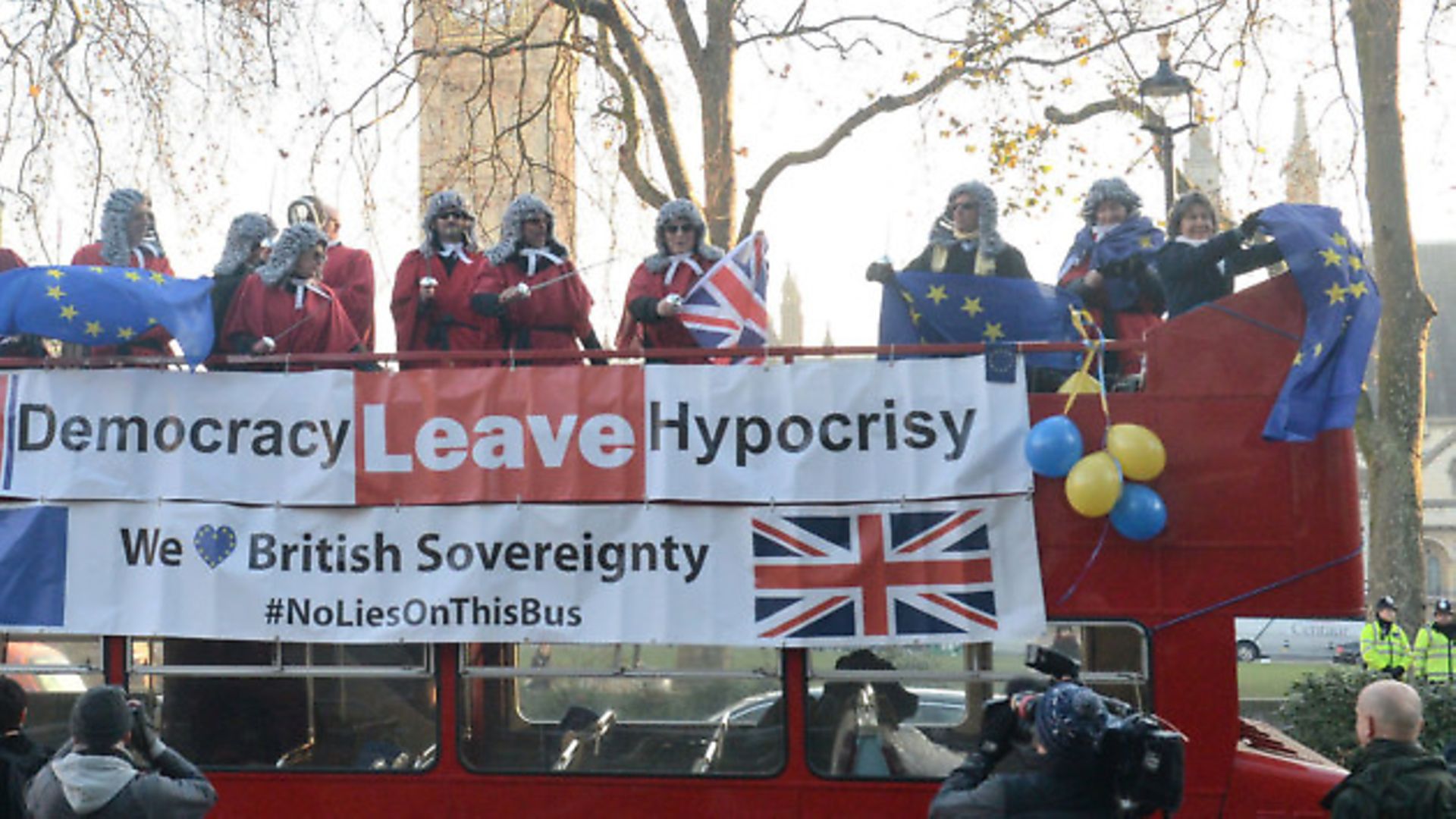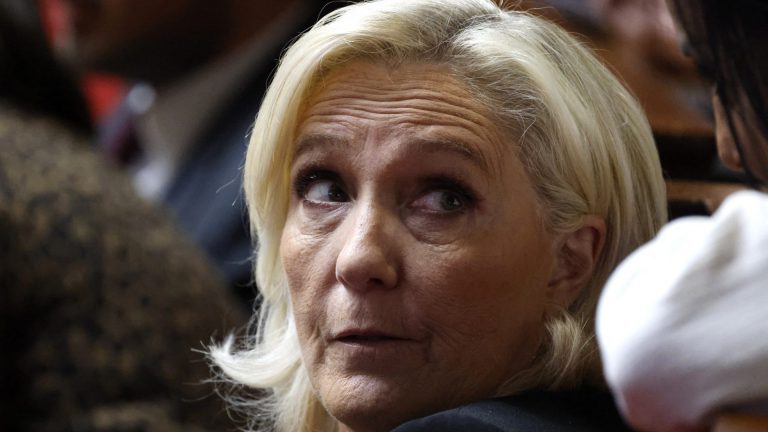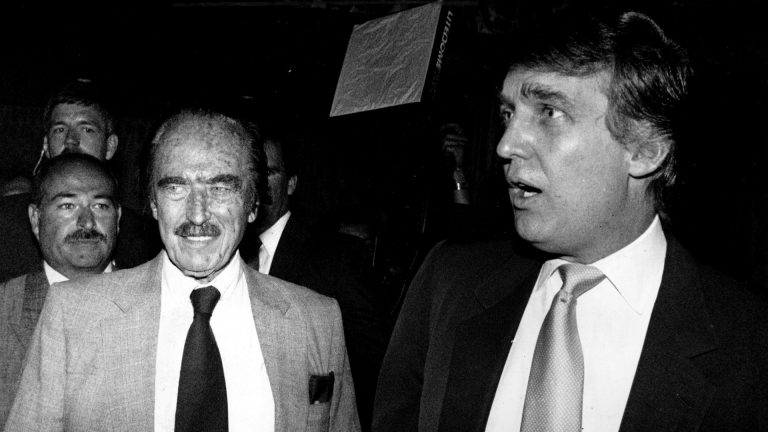
The Brexit timetable vote helped to define the battlefield, but the bloodshed is all still to come
The long walk from the House of Commons chamber to the adjacent corridor where they are required to vote, is one that can really concentrate the minds of MPs.
This much was clear to see, as they trudged through, on Wednesday night, to vote on the motion to authorise the Brexit timetable. While Brexiteers strolled through, seemingly without a care in the world, the agony etched on the faces of others was all too clear to see.
There are vast numbers of MPs who have not been shy about voicing concerns about the perceived direction of Brexit. But here was a decision which meant balancing that with the fear of being branded undemocratic – one of the greatest insults you can bestow in our political system.
Theresa May had raised the stakes when she asked MPs to back her timetable for activating talks with the European Union and starting the formal process of departure from the European Union on March 31 – and, according to the narrative of the Brexiteers, it paid off.
Even before the vote had taken place, MPs were sensitive to the fact right wing headline writers were depicting a potential Conservative rebellion as defying the will of the people.
So, say those newspapers now, the Prime Minister will tuck into her Christmas goose triumphant after winning an early Brexit bout with her party and parliament. In the event, just one of her MPs – the pro-European diehard Ken Clarke turned in a different direction.
The other received wisdom is that the opposition has not come out unscathed: the Labour benches were split and the Liberal Democrats, who just a few short days ago were being talked of as the comeback kids, could not even mobilise to show a united front.
May’s political masterstroke, so goes the theory, has exposed the lack of plan to stop Article 50 being triggered. Oppose it and they hand the prime minister a strong weapon in her political armoury and risk an early general election which would likely unleash even greater Hard Brexit forces than already exist in her party. Back it and they begin a march towards a potentially irreversible Brexit.
In this reading of events, there is certainly some truth. Lib Dem leader Tim Farron’s statement following his Wednesday meeting with Guy Verhofstadt – not to mention the Richmond by-election – was overshadowed by events in Westminster. And there was little conviction in Farron’s claim that Article 50 could be revoked.
But the pre-Christmas crowing of the Brexiteers may well be premature. Wednesday’s vote was really just more of the phoney war. It helped define the battlefield, but the bloodshed is all still to come. And – we sincerely hope – her opponents (or Brexit’s opponents) will be better prepared, and well dug in. Shadow Brexit secretary Keir Starmer appears to realise this. He is planning a longer campaign, with both his country, and the party.
May’s position, in some senses, has weakened. She sacrificed her ace when she agreed to publish a plan, and the momentum may well tilt in her opponent’s direction if it is too light on detail. And this is a very real prospect. Who can remember the anticlimax of David Davis’ first statement on Brexit? Probably no one.
Starmer points out, rightly, that they do not want to produce a plan which will betray one side or the other. The forces on either side of the Tory party may become more uncompromising once they have tangible aims to argue about.
And far from becoming irrelevant, the Supreme Court ruling becomes even more important. While symbolic, Wednesday’s vote is not binding.
Starmer told The New European: ‘This vote was not to invoke Article 50. When that comes to the House of Commons if it is not satisfactory, as I said during the debate, the Government should expect amendments to the proposed legislation.
‘Without a plan it is almost impossible for us to properly hold the Government to account. Now we have a concrete commitment from the Government to produce a plan.
‘Up until this point we have had nothing – they have been saying one thing one day and another the next. A plan will put an end to their obscure, half objectives.
‘The Labour Party’s position on this is to accept the referendum vote. The Prime Minister cannot be stopped or prevented from starting her negotiations.’
In the style of Gordon Brown, Starmer pointed out that he had five tests for the plan – on details such as whether Britain will strive to stay in the customs union or the single market.
And far from quashing the rebellion among the soft Brexiters in her own party, the poster girl of the left of the party Anna Soubry made a swashbuckling speech in which she said she would accept nothing less than a substantial plan.
Indeed Dominic Grieve, the former attorney general, backed her up with a warning that if the Supreme Court insisted on legislation, then it would face serious amendment.
So if this is a victory for May, it is a very minor one. The war is certainly not over. The next clash will come in January when Conservative soft Brexiteers will have a big decision to make. Likewise the Labour MPs who felt they had no choice but to back Kier Starmer’s motion. And indeed the Liberal Democrats who could not bring themselves to walk through the voting lobbies at all, for fear of a backlash from their Leave-voting constituents.
All those MPs who made an angst-ridden choice on Wednesday night will have to revisit that dilemma again, and again, and again.
And as details emerge – as surely they must – there will be all the more reason for them to start questioning the paralysing effects of Brexit, and to embolden them to make their vote count towards stopping it.
Annabelle Dickson is a political journalist based in Westminster









